Description
Machine Learning employs techniques and theories drawn from many fields within the broad areas of mathematics, statistics, information science, and computer science, in particular from the sud-domains of machine learning, classification, cluster analysis, data mining, database, and visualization.
Machine learning is perhaps the hottest thing in Silicon Valley right now, especially deep learning. We have Google’s class on Tensor Flow, which teaches you everything you need to know to work in Silicon Valley’s top companies. The reason why it is so hot is because it can take over many repetitive, mindless tasks. It’ll make doctor better doctors, and lawyers better lawyers and it makes cars drive themselves.
For example, when you’re booking a taxi, you’re shown how much the trip would cost. Or when you’re on the trip, you’re shown the path the taxi would take to reach your destination. While booking a ride on Uber, you’re always told the amount of time the trip would take and how much it would cost. All of that, is Machine Learning!
The overall goal of this book “Machine Learning” is to provide a broad understanding of various faces of Machine Learning environment in an integrated manner. It covers the syllabi of all technical universities in India and aboard.
The first edition of this book is also been awarded by AICTE and placed in AICTE’s latest Model Curriculum in Engineering & Technology as well as Emerging Technology.
Table of Contents
Unit 1: Supervised Learning (Regression/Classification).
Unit 2: Unsupervised Learning.
Unit 3: Evaluating Machine Learning Algorithms and Model Selection.
Unit 4: Sparse Modelling and Estimation.
Unit 5: Scalable Machine Learning (Online and Distributed Learning).
Unit 6: Unsupervised Learning.
Annexure 1: Working With R Programming Languages
Author
Dr. V.K. Jain is a well known practical engineer who has authored more than 125 books on engineering, management and subjects related with computer science. He obtained degree in Electrical Engineering in 1966 from MACT (Maulana Azad College of Technology) Bhopal. He did M. Tech. in 1968 from MACT and HEL (Now Bharat Heavy Electricals) Bhopal in Design and Production of Heavy Electrical Equipment, an Industry Oriented course run under the sponsorship of UNESCO under Vikram University Ujjain in 1968. He was attached to Electronics Application Engineering Department of BHEL.
He presented a thesis on “”Analysis of the performance of speed and excitation regulation System using fast acting integrator type AVR for a large Hydro-generator (15 MW). This was concerned with studying power system from the viewpoint of electronic control systems (based on Nyquist Criteria) through Analog and Digital Computer at one of the premier Institution of India IIT (Indian Institute of Technology) Kanpur. He personally prepared digital computer program in FORTRAN IV as early as in year 1968 at IIT Kanpur and compiled it on IBM 7044 Main Frame Computer, The fastest Computer in India at that time.
He joined CPWD as Electrical Engineer on 20.5.1968 on basis of All India Competitive Examination for Central Electrical Engineering Services (Now known as IES) through Union Public Service Commission of India and served CPWD for 35 years.
After retirement he worked with M/s CP Kukreja as consultant engineer for nearly one and half years and at present working as Chief Consultant Engineer with M/s Hospitech Management Consultant Pvt. Limited WTC New Delhi and engaged in designing most modern E/M, Electronic services and IBMS in premier Medical colleges and Big Hospital systems including AIIMS at Raipur and Patna.


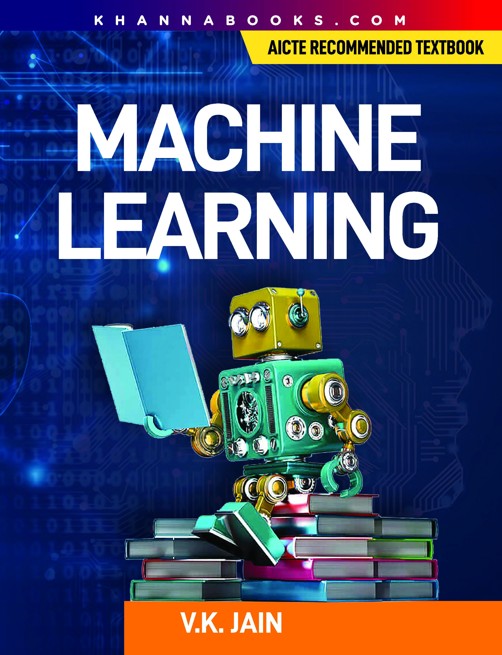






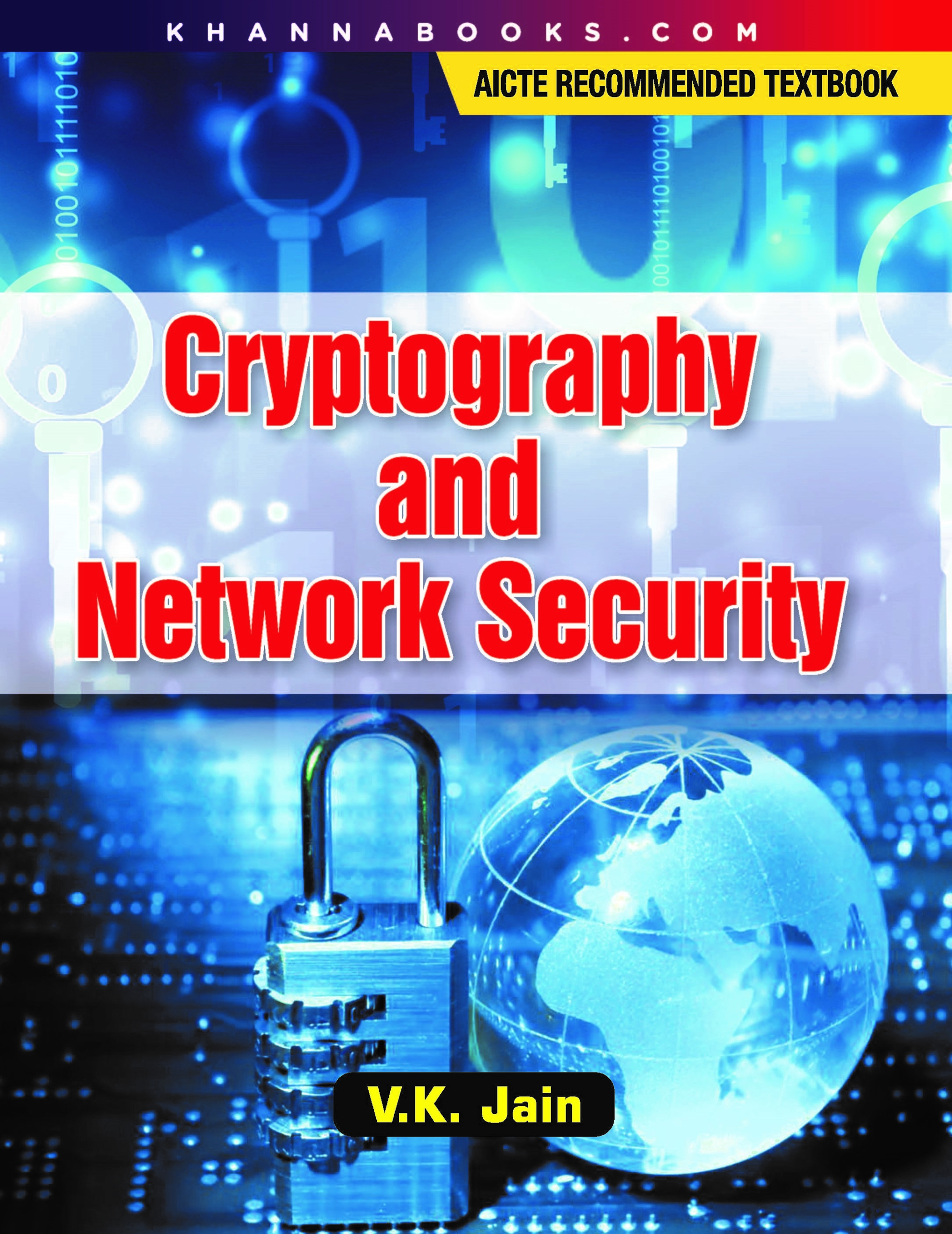

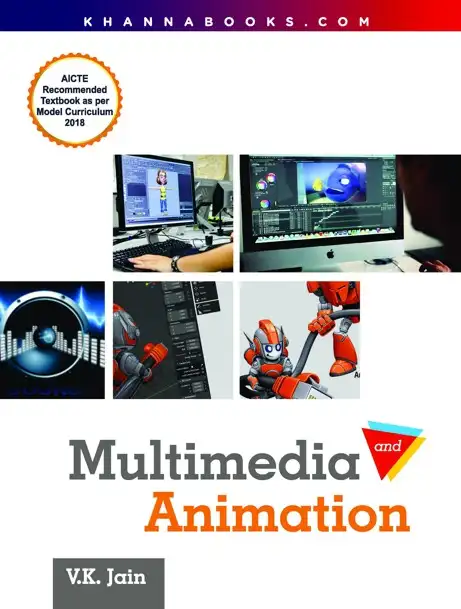
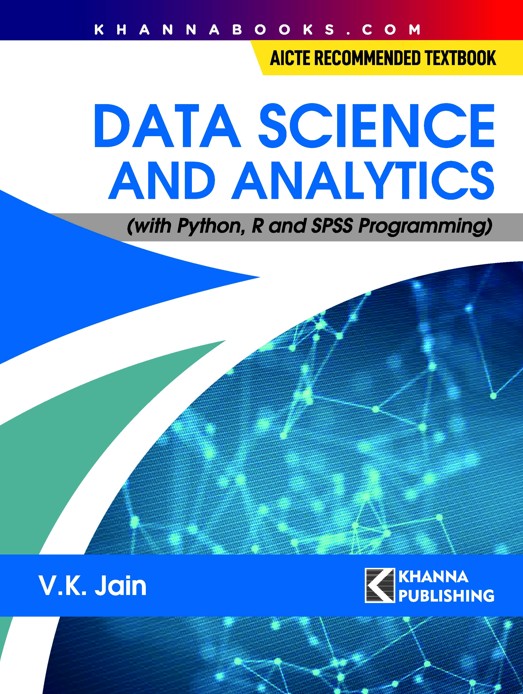
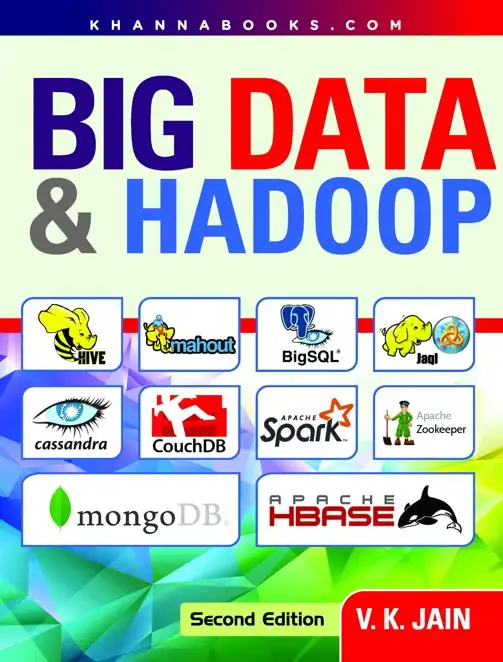
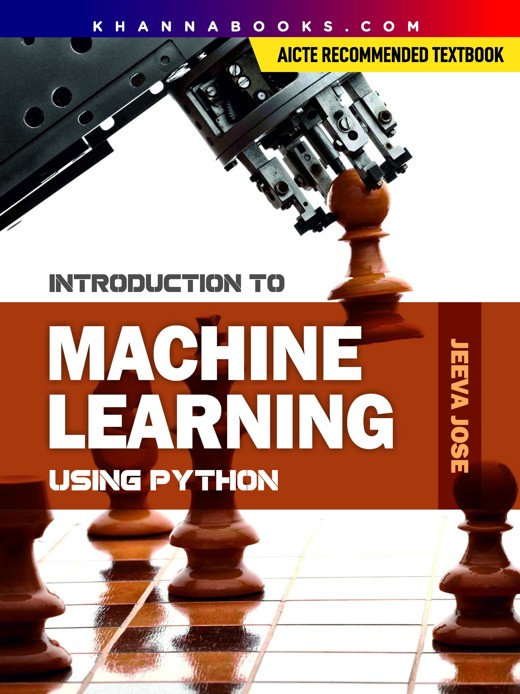
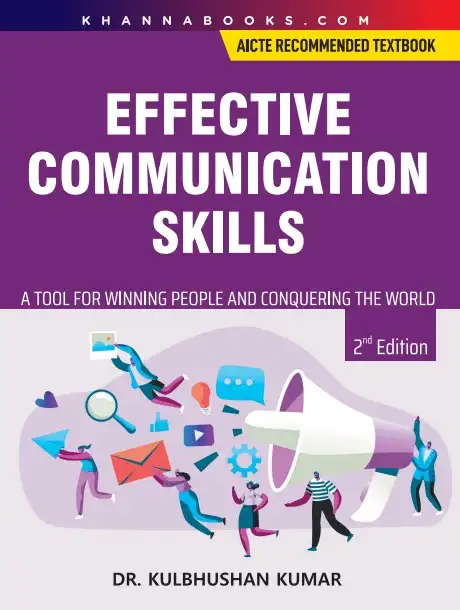
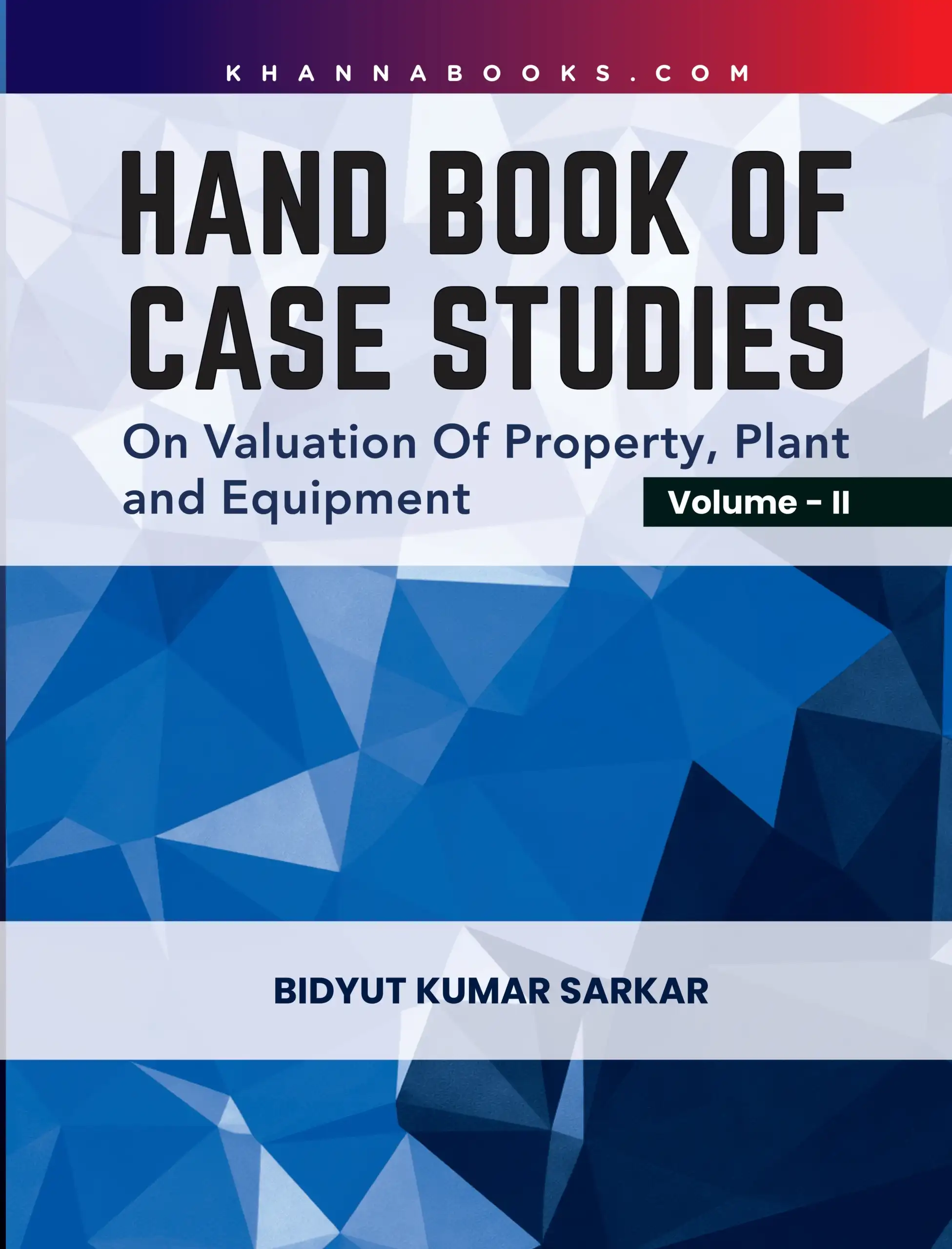
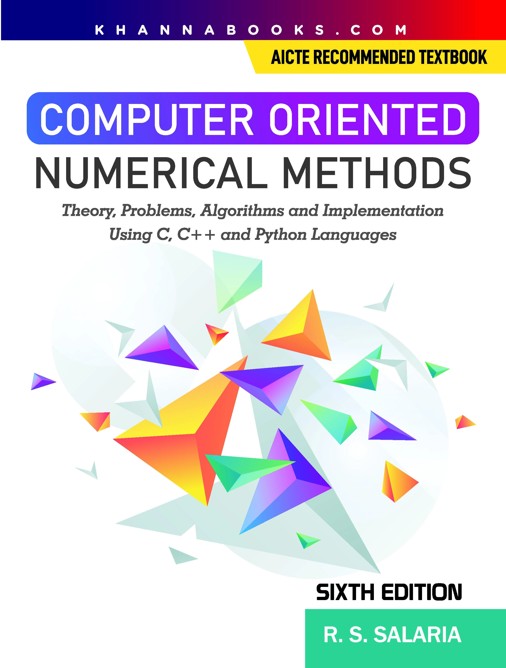
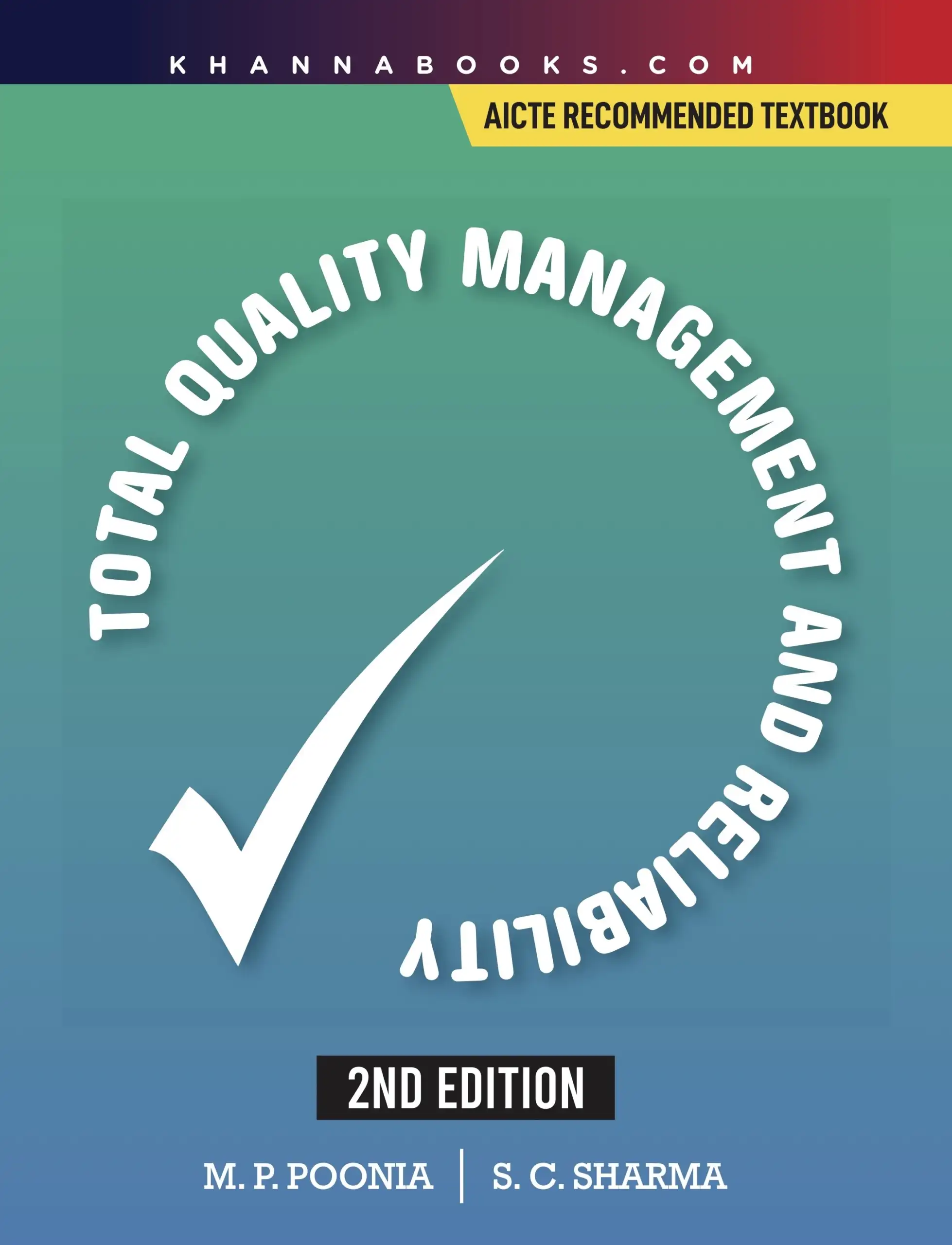
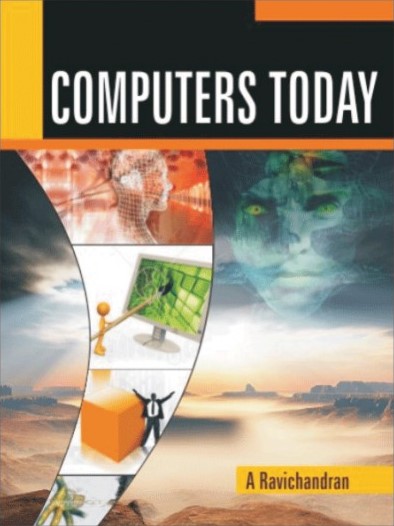
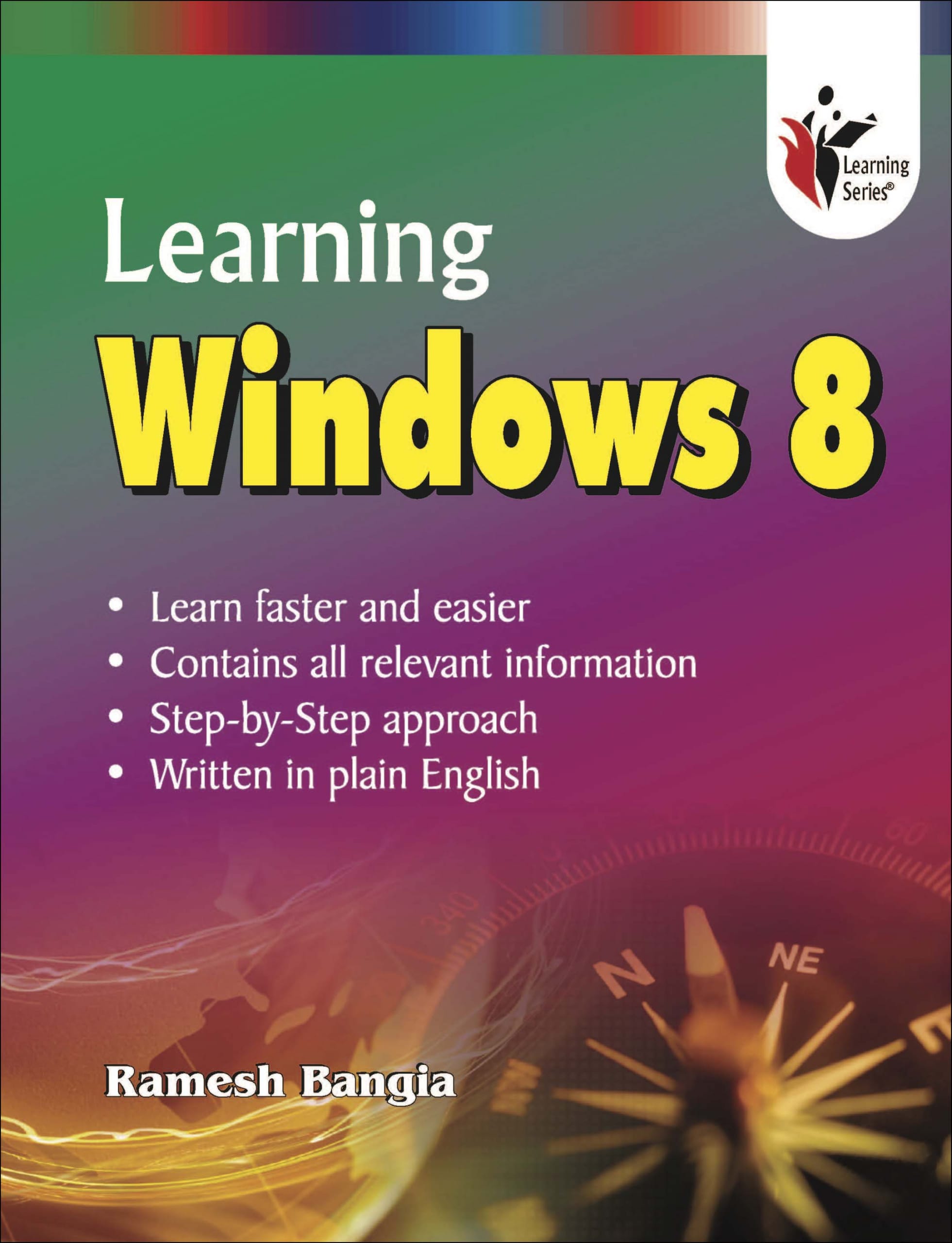
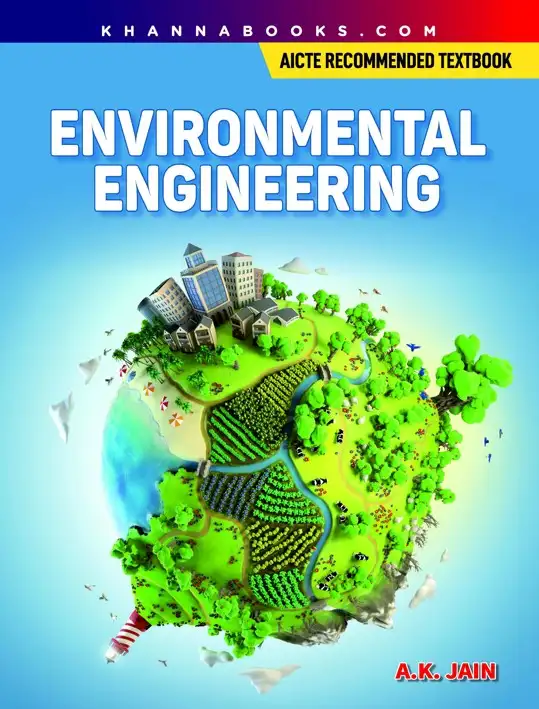
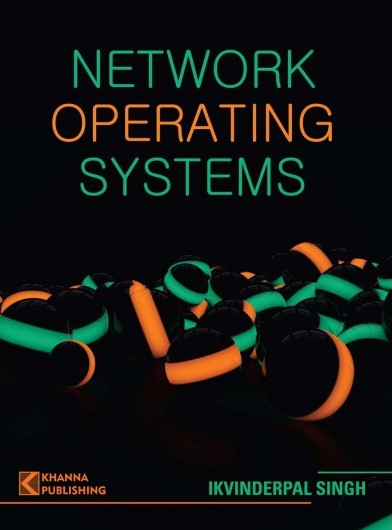
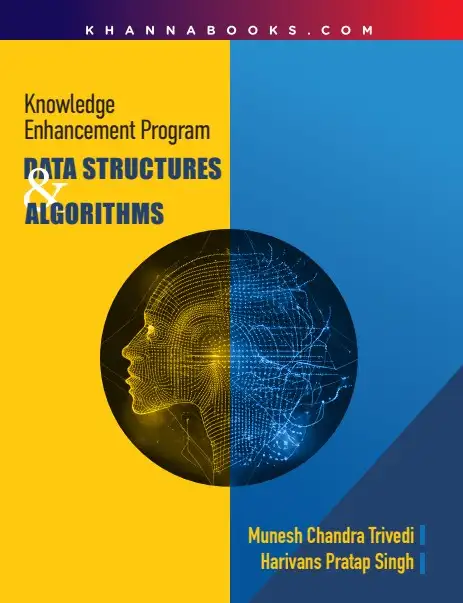
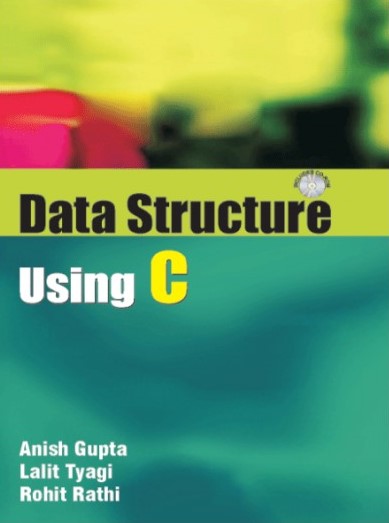

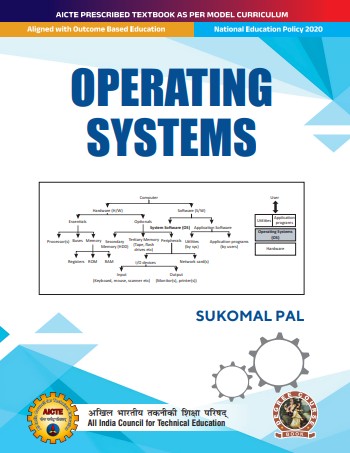
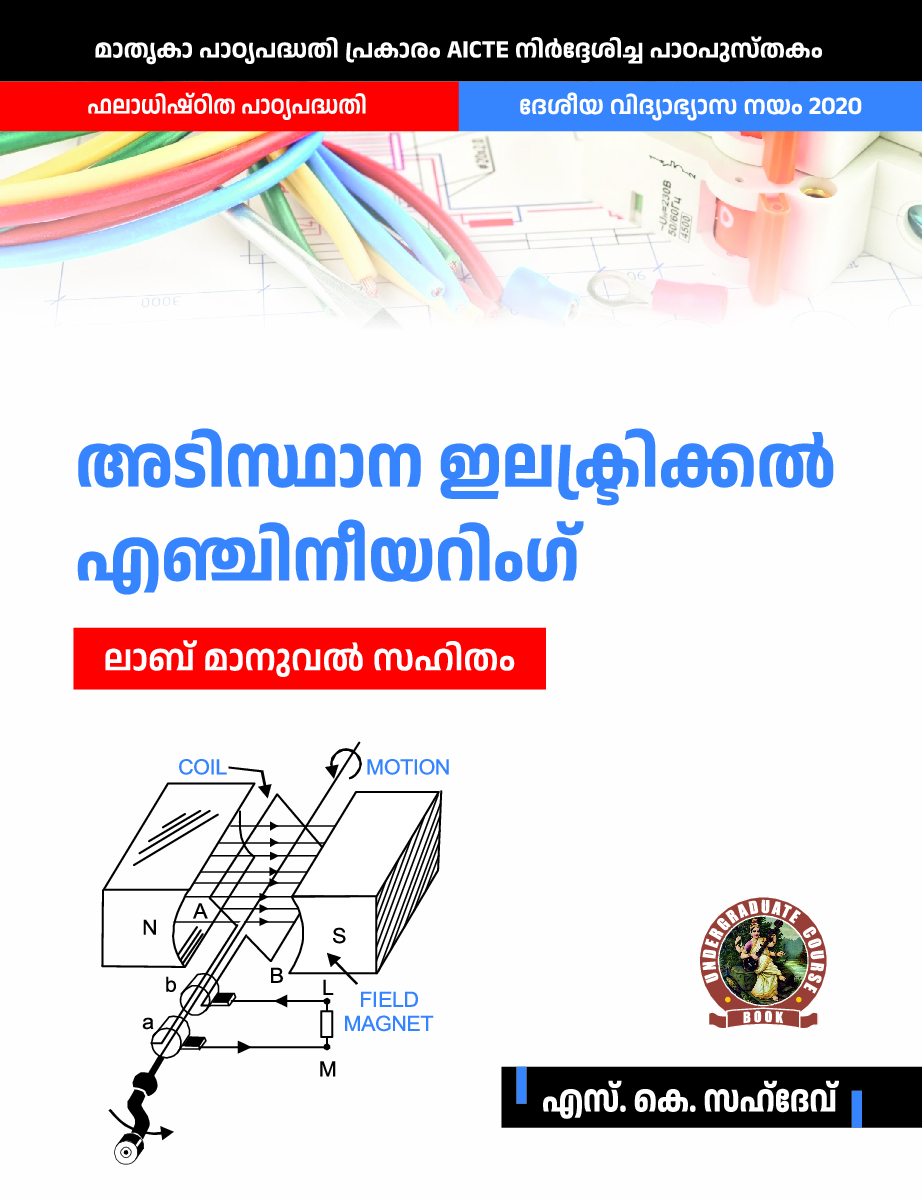

Reviews
There are no reviews yet.